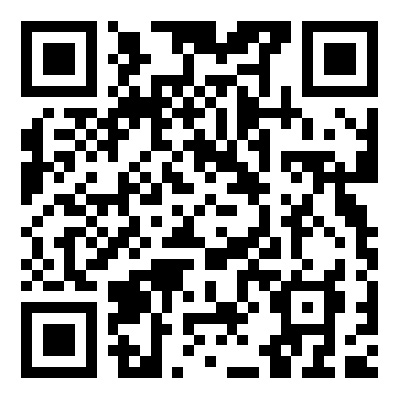ATCHIP RFID Technology and Solution Provider

Public utilities
RFID technology is widely applied in public utility fields such as municipal management, transportation systems, environmental protection, and energy management, providing more efficient resource utilization and information management support for society. Through the application of RFID technology, the monitoring and allocation of various public resources can become more precise. Urban managers can grasp the status, usage frequency and location of various facilities in real time, ensuring the stable supply of public services. In addition, the real-time data collection function of RFID also plays a significant role in emergency management, facilitating rapid response and resource scheduling in unexpected situations, thereby enhancing the quality and efficiency of social services and ensuring the orderly and safe operation of the city.
Application section
Municipal facilities management
RFID has played a significant role in municipal management. By installing RFID tags on public facilities such as street lamps, power equipment, and water supply systems, municipal departments can monitor the status of the facilities in real time, promptly detect faults, damages, or overloading, and prevent large-scale equipment failures. The real-time data feedback of RFID can assist municipal departments in optimizing maintenance plans, improving the service quality of public facilities, and ensuring the smooth operation of municipal affairs.
Traffic management and vehicle tracking
In the transportation system, RFID is widely used in public transportation vehicles, shared bikes, smart parking and other fields. RFID tags can be installed on vehicles or stations to achieve precise positioning and dispatching of vehicles, which helps management departments monitor the operation of public transportation in real time, optimize vehicle distribution, and improve dispatching efficiency. Meanwhile, RFID technology can achieve electronic charging and intelligent parking lot management, reduce manual operations, and enhance the operational efficiency of the transportation system.
Environmental protection and pollution monitoring
In terms of environmental protection, RFID can be used to monitor environmental pollution conditions such as water sources and air. Through the data collected by RFID devices, management departments can grasp the discharge situation of pollution sources in real time, promptly detect abnormalities, and respond quickly to reduce the impact of environmental pollution. RFID tags can also be used in garbage classification management and the monitoring of smart trash cans, making environmental protection management more convenient and promoting the development of green cities.
Public safety and emergency response
RFID plays an important role in public safety and emergency management. Through RFID technology, the management department can locate and track various emergency rescue equipment in real time, such as fire extinguishers, emergency kits, first aid kits, etc., ensuring that these devices can be quickly found in emergency situations. RFID can also track personnel and materials in real time during emergencies, ensuring the rapid arrival of rescue supplies and personnel, and greatly improving the speed and efficiency of emergency response.
Energy management and energy-saving monitoring
In terms of energy management, RFID tags are used to monitor various energy equipment, such as substations, power grid facilities, gas pipelines, etc., helping management departments to have real-time control over the consumption of various energy sources. When abnormal energy consumption or faults are detected, maintenance or adjustments can be made in a timely manner. RFID data can also be used to analyze energy consumption patterns, helping public facilities improve energy-saving measures, optimize resource allocation, and enhance energy usage efficiency.
Smart government affairs and information management
RFID technology is also widely applied in government affairs management and information collection. Public sectors can use RFID to automate the management of key materials such as archives, documents and equipment, reducing labor costs and improving work efficiency. Meanwhile, RFID can be applied in scenarios such as identity verification and access management, achieving seamless integration of smart governance and enhancing the efficiency of government services as well as the convenience for the public.

Email: sales@atchip.com.cn
Address: No. 58, Lane 77, Petrochemical Jinyi East Road, Jinshan District, Shanghai


